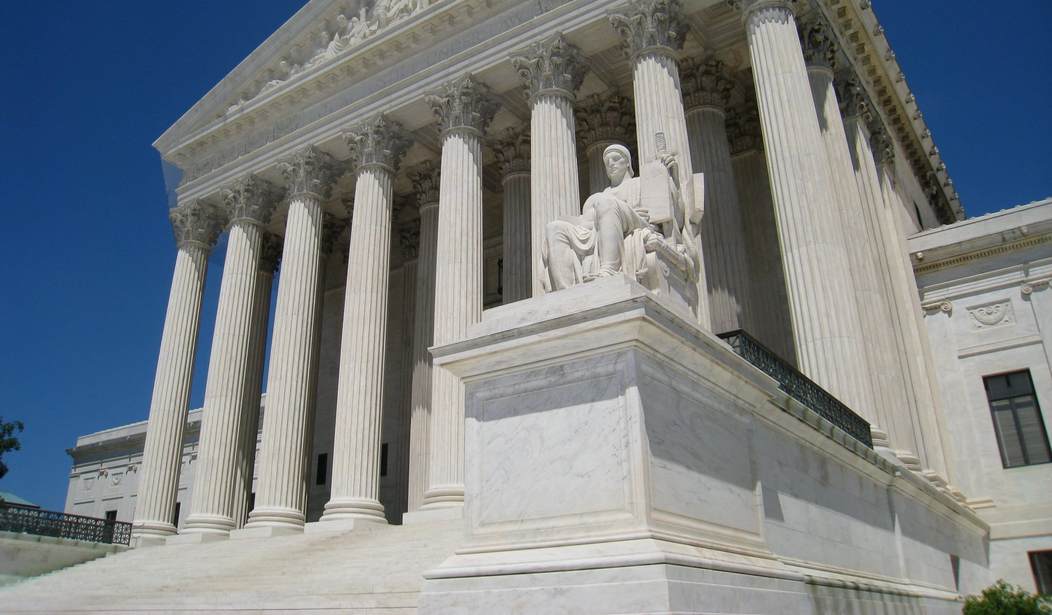On Monday, the U.S. Supreme Court announced it would not hear an appeal challenging the rights of Illinois and New York to subsidize nuclear power plants. Donald B. Verrilli Jr., former solicitor general under Barack Obama, represented the power companies opposing the subsidies.
Nuclear is one of the best energy options both in terms of environmental impact and power generation, but many Americans wrongfully consider it dangerous. Unfortunately, nuclear power requires a large investment in infrastructure on the front end, which eventually pays for itself. As a result, many power plants are subsidized by the federal government.
Illinois and New York approved zero-emissions credits (ZECs) to nuclear plants, similar to the subsidies directed to wind and solar energy.
In both the Illinois and New York cases, the Electric Power Supply Association, a group of power plant owners, challenged the nuclear subsidies on the grounds that the subsidies interfered in interstate energy markets, exceeding the states’ authorities.
In September 2018, the 7th Circuit Court of Appeals ruled that Illinois did not exceed its authority with the subsidies in September 2018. “To receive a credit, a firm must generate power, but how it sells that power is up to it. It can sell the power in an interstate auction but need not do so,” Judge Frank Easterbrook, a Republican appointed by Ronald Reagan, wrote in the court’s decision.
About a week later, the 2nd Circuit Court of Appeals upheld New York’s nuclear subsidy, citing the 7th Circuit Court’s decision.
On Monday, the Supreme Court announced it would not take up the cases Electric Power Supply Association v. Star (the Illinois case) and Electric Power Supply Association v. Rhodes (the New York case).
By refusing to take up the cases, the Supreme Court let the rulings for the nuclear subsidies stand, allowing Illinois and New York to fund nuclear plants.
While the growth of nuclear energy is good and states should have the right to fund nuclear power plants, it seems more advisable for the government to back out of funding energy in general. Grants to wind and solar companies create a “climate-industrial complex,” which perversely argues for its own expansion by supporting climate alarmism.
“The utility industry has been burdened with competing subsidies and mandates imposed by states and the federal government for many decades,” Myron Ebell, director of the center for energy and environment at the Competitive Enterprise Institute (CEI), told PJ Media on Monday. “It’s therefore not surprising that new subsidies for nuclear power plants are legal and constitutional.”
“Whether it’s good public policy to add a new subsidy for nuclear in order to counteract some of the bad effects of subsidies for wind and solar power is another matter. A much better approach would be to end the subsidies for wind and solar,” the CEI scholar concluded.
Follow Tyler O’Neil, the author of this article, on Twitter at @Tyler2ONeil.









Join the conversation as a VIP Member